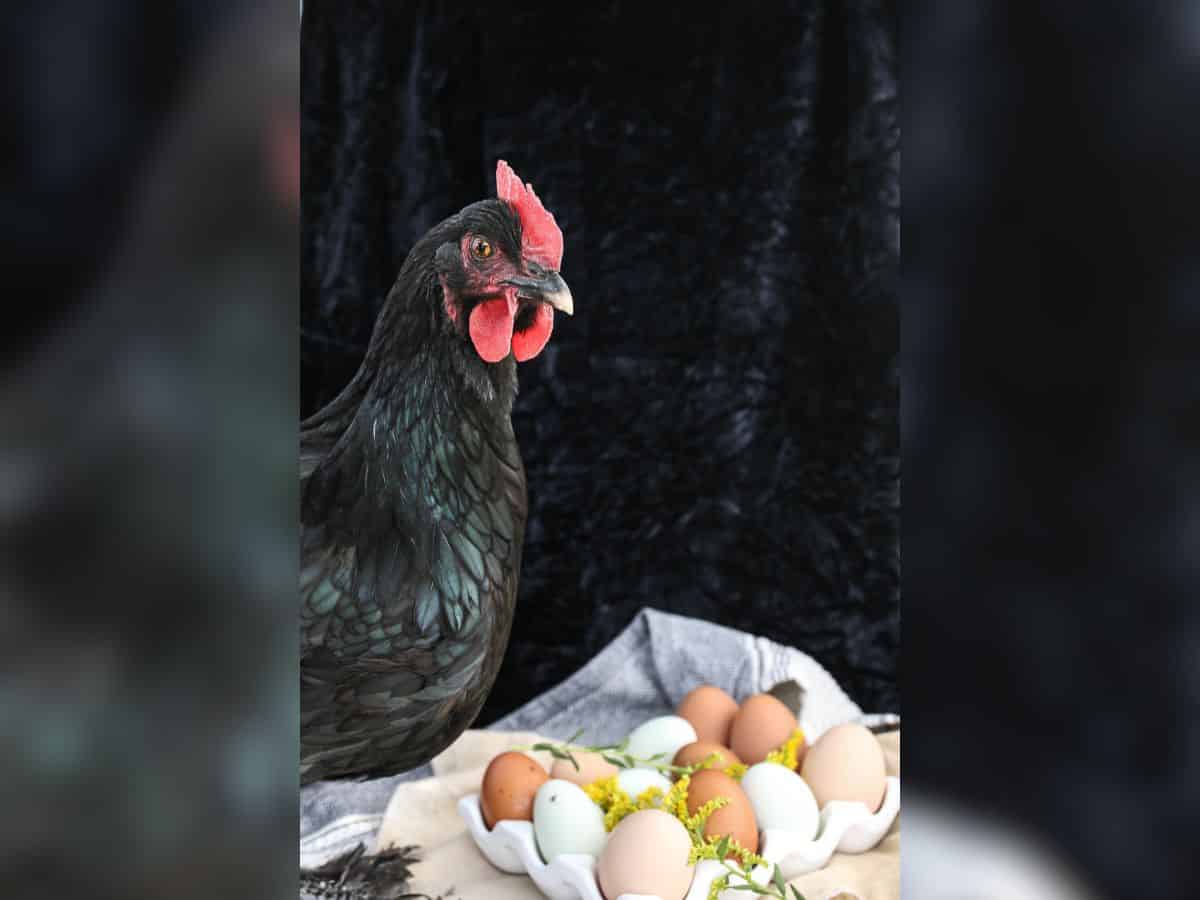
Researchers from China’s Nanjing University and the University of Bristol have ended the age-old debate of what came first, the chicken or the egg?
A study of 51 fossil species and 29 living species which could be categorised as oviparous (laying hard or soft-shelled eggs) or viviparous (giving birth to live young) suggests that the chicken may have graced the earth before the egg.
Published in the Nature Ecology and Evolution journal, the paper showed that the early ancestors of modern-day reptiles, birds, and mammals may have given birth to their young instead of laying eggs.
The study found that extended embryo retention (EER) was seen in these animals. This means that these species had the ability to retain their young for a varying amount of time waiting till the conditions were best for their survival.
While the hard-shelled egg was often seen as one of the greatest innovations in evolution, it was EER that gave this particular group of animals the ultimate protection, the study said.
According to project leader Professor Baoyu Jiang, biologists have noted that many lizards and snakes displayed a flexible reproductive strategy. “It turns out that live-bearing lizards can flip back to laying eggs much more easily than had been assumed,” he added.
Professor Michael Benton from Bristol’s School of Earth Sciences said, “Our work, and that of many others in recent years, has consigned the classic ‘reptile egg’ model of the textbooks to the wastebasket.”



